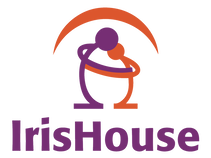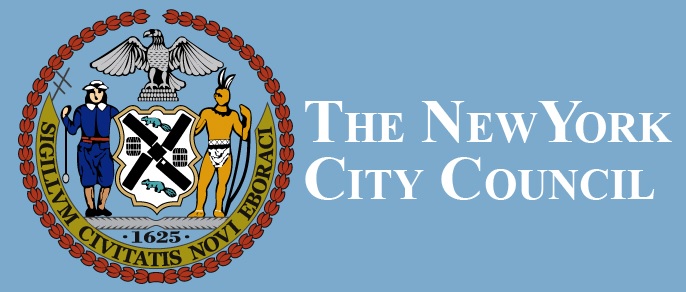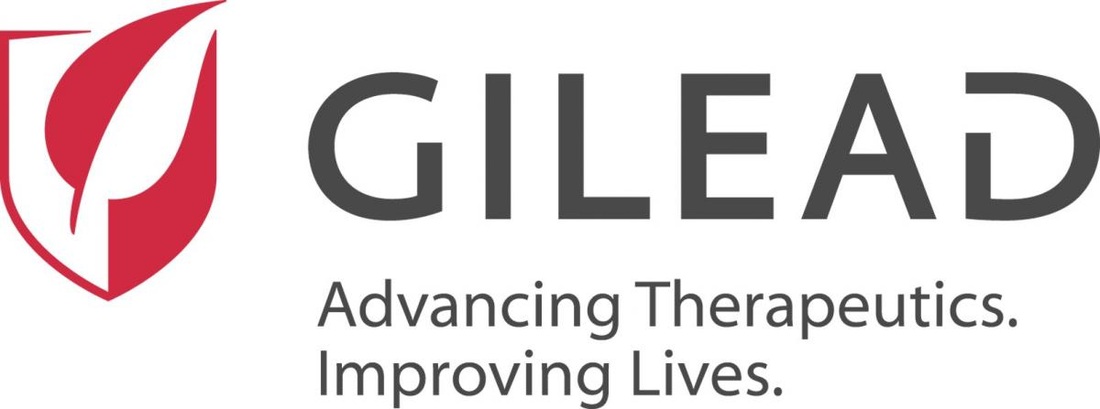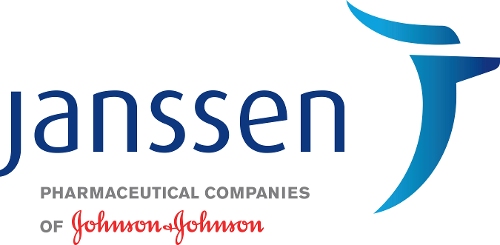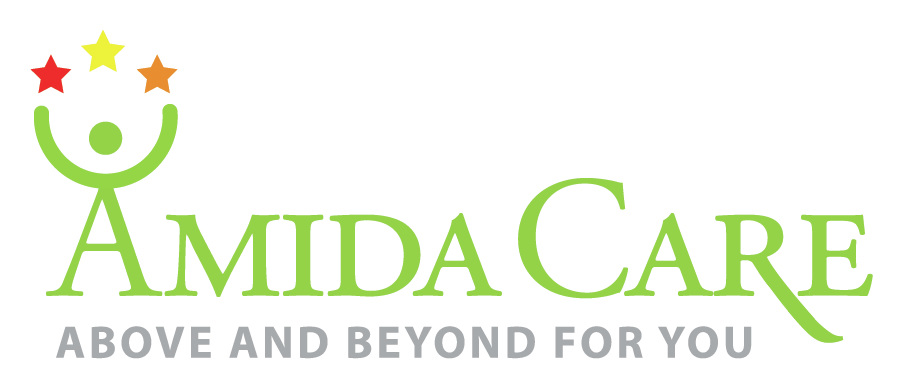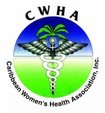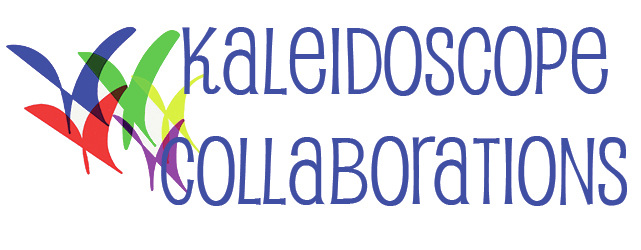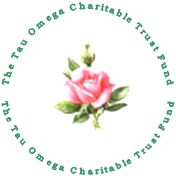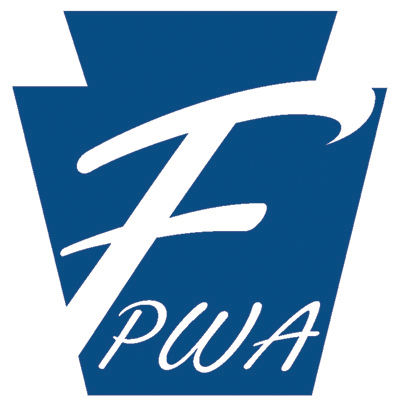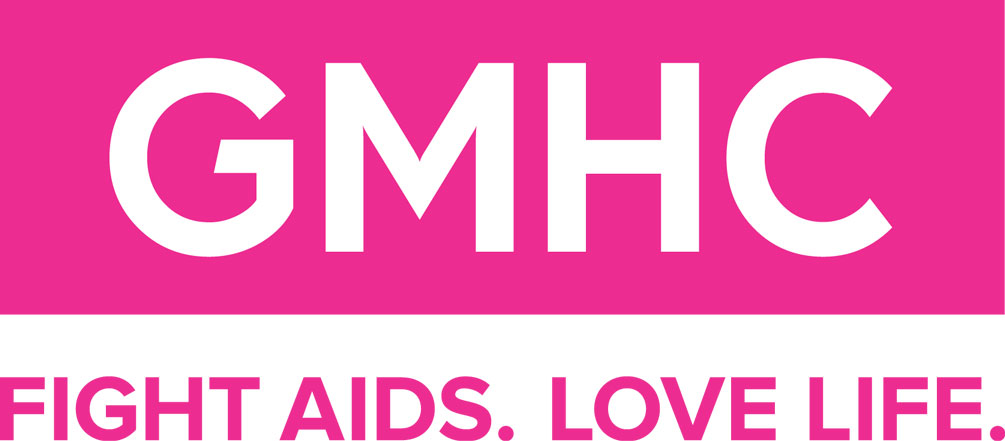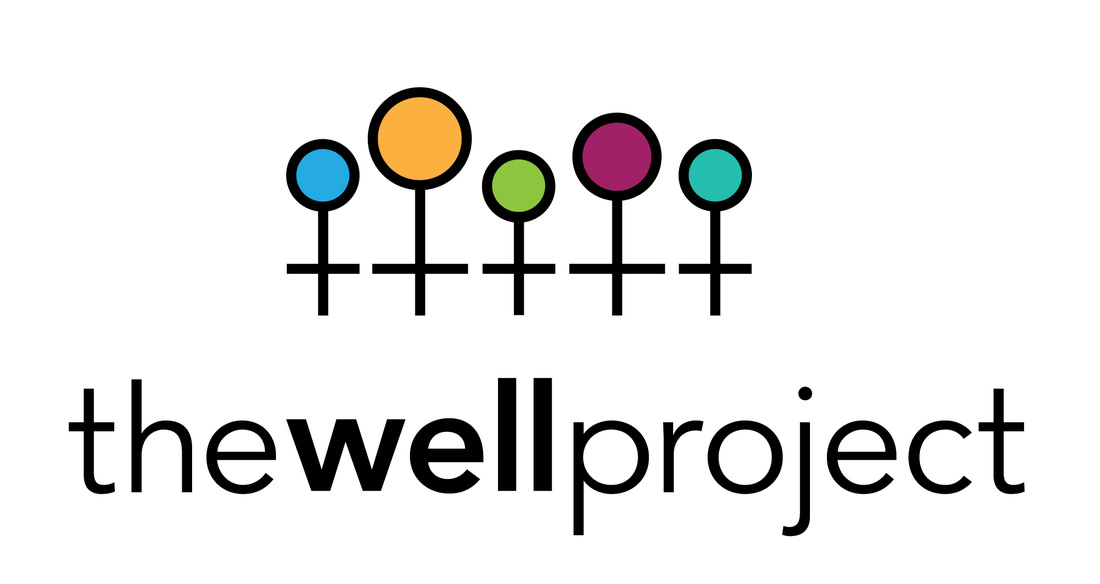2016 Summit Sponsors
2016 Summit
Planning Committee (in formation) Ingrid Floyd, Chair Iris House Ofelia Barrios Iris House Marty Bonds US Dept of HHS, Office on Women’s Health Debra Bosier Iris House Priyanka Dave Brightpoint Health Millicent Freeman NYCDOH Tanya Howe Iris House Jennifer Irwin Mt. Sinai Beth Israel Michael Barret Jones Iris House Tracy Mack Community Activist Kimberly Richardson Iris House Nathaly Rubio-Torio Voces Latinas Liz Solomon Brightpoint Health Krishna Stone GMHC Marcella Tillett Planned Parenthood of NYC Derrick Wallace Iris House |
The 11th Annual Women as the Face of AIDS SummitThe Race to the End
The 11th Annual Women as the Face of AIDS Summit May 2, 2016 8:30 AM - 5:00 PM Bethel Gospel Assembly 2 East 120th Street, New York City Breakout Session Descriptions A Girl Like Me: Using Technology to Cross Borders
Krista Martel, executive director, The Well Project (moderator); Maria Mejia, A Girl Like Me Blogger; Tiommi Janae Luckett, A Girl Like Me Blogger and other speakers The Well Project, A Girl Like Me A Girl Like Me, a program of The Well Project, is an online blog where women of diverse backgrounds, including geographic, socio-economic, race, age, sexual orientation, religion, and more can share their stories and promote understanding of HIV through online storytelling. The goals of A Girl Like Me are to help normalize HIV, decrease stigma, and create a safe space for women living with HIV, publicly or anonymously, to share their experiences of living with HIV. Established in 2009, A Girl Like Me has become the leading blog for women living with HIV, and has published more than 500 blogs from more than 60 bloggers from around the globe. This session will highlight the role that this dynamic online community of support that can play in addressing issues of diversity, through personal narrative. Childhood Trauma and its Impact on Adult Health Outcomes
Taciana Pierre, LMSW Center for Young Adult, Adolescent, and Pediatric HIV (CYAAPH) @ Northwell Health Childhood traumatic events can encompass a range of experiences, for this presentation, the focus will be on child sexual abuse (CSA). This paper will present scientific literature about CSA and its link to negative life outcomes in the years following the abuse, and explore interventions to assist clinicians with servicing this vulnerable population. Using imperical data, we will be exploring how childhood trauma (CSA) impacts future health outcomes and other markers for risk taking behaviors. CSA disrupts normal adolescent psychosocial development, leaving those vulnerable to revictimization. “As adolescent chronic trauma survivors begin to develop romantic relationships for the first time, they are especially vulnerable to dating abusive partners, initiating violent conflict and engaging in high risk, impulsive behaviors…” (DeRosa et al., copyright pending). These associations are particularly pronounced and consistent in medically ill populations, including People Living with HIV/AIDS (PLWHA). Research has shown that a Cognitive Behavioral Therapy with components of mindfulness is one of many effective interventions for PWLHA that are survivors of CSA. Two therapy methods will be explored in the paper to inform clinicians how to improve coping skills and reduce HIV sexual transmission risk behavior and increase treatment adherence in HIV/AIDS positive CSA survivors. Decolonizing Your Mind
Zeena Hazuri, Capacity Building Specialist and Gabriela S. Betancourt, MA, MPH, Deputy Director of Research & Evaluation Latino Commission on AIDS This session is designed for those who work with HIV positive and high risk negative priority populations who have prior counseling experience as a HIV Counselor, Tester, Linkage coordinator, and or Patient Navigator. This session will explore unconscious biases of a colonized mind that may affect the client provider relationship. During the session participants will discuss what perceptions are and what shapes a person's perceptions. The training will introduce the concept of a colonized mind by the use of categorical thinking. Participants will discuss decolonization as an event and a process. The session will conclude with identifying action steps that can be taken to knock down these perception biases and decolonize the mind. By the end of this training, participants will have a better understanding of how a person's perceptions are colonized by society and identify action steps that can be taken to break down those perceptions. Disparities in HIV Positivity and PrEP Uptake Data
Chris Ferraris, LMSW- Program Coordinator, HIV Prevention and Research; Emma Kaywin- Program Manager, Development, Communications, and Peer Program; Lydia Singerman- Program Assistant, HIV Prevention; Emily Gertz, MPH- Director, Special Projects Institute for Advanced Medicine, Mount Sinai Health System This purpose of this lecture and workshop is to present the current disparities of minority men and women vis-à-vis HIV transmission and PrEP uptake using 2014 and 2015 data from a large urban hospital system in New York City, discuss how use of an Electronic Medical Record (EMR) can indicate gaps in existing initiatives by supporting easy data tracking but must be supplemented with meaningful input from target populations, and spark a community discussion about methods for bridging these gaps for the purpose of engaging at-risk, hard-to-reach populations in biomedical prevention, with a focus on women of colo Education and Development of PrEP
Trevor Hedberg, MPH, CPH, PrEP Network Coordinator and Míchael C. Slater, Jr., Supervising Health Educator, William F. Ryan Community Health Center This workshop will show how using a community education approach about using different HIV Prevention tools can help dismiss skeptical ideas about and break down barriers in accessing PrEP in young men who have sex with men of color who encounter stigma and racism when accessing care and will discuss the impact of building PrEP into organizational workflow and strategic planning to increase staff awareness, knowledge of, and comfort with PrEP when working with marginalized communities of color. Engaging African American Churches in HIV Prevention
Vanessa Campus, Community Health Educator, Prevention Dept, GMHC and the Reverend Dr. Renee F. Washington Gardner, Senior Pastor, Memorial Baptist Church, Harlem The New York City Department of Health and Mental Hygiene has reported recently that while African American and Latina women comprise only 49% of the city’s female population, 90% of women living with HIV are African American or Latina, comprising a staggering disproportionality. Simultaneously, compared with other racial and ethnic groups, African Americans are amongst the most likely to report a formal religious affiliation, with 87% of African-Americans describing themselves as belonging to a religious group. Thus, churches present a unique opportunity to discuss HIV prevention, a topic that may not naturally come forth in this context, given that many faith-based communities consider HIV/AIDS a taboo topic that is often associated with a lack of morality (e.g., sex or drugs). In this workshop, we will explain how we used an innovative approach to leverage the popularity of Black church attendance to raise awareness and open a discussion about HIV prevention. In order provide a foundation for others who are interested in implementing programs and partnerships between community-based organizations and faith communities, this workshop will be presented by both the GMHC staff member who conceived of the project and one of four church leaders who agreed to participate with her congregation. We will discuss why this intervention is particularly culturally suited for the Black community, and how it may potentially impact health disparities within this population. Evaluation Findings from the SHAPE for Older Women Living with HIV
Julie Anne Bell, MPH, Research Study Coordinator, Department of Health and Mental Hygiene, Bureau of STD Control and Tonya N. Taylor, PhD, MS - Assistant Professor, SUNY Downstate Medical Center, STAR Program Department of Health and Mental Hygiene, Bureau of STD Control and SUNY Downstate Medical Center, STAR Program The HIV epidemic in the United States is graying due to the success of antiretroviral therapy (ART). As of 2015, more than 50% of all people living with HIV (PLWH) in the US will be over 50 years of age. Among the growing number of older PLWH, women and minority groups are disproportionately affected. The HIV prevention needs of older PLWH are a neglected area of research, in part due to the assumption that they are no longer engaging in risk sexual activity. To date there are no gendered, sexual risk reduction interventions targeted for older women with HIV that address changing psycho-social and interpersonal needs as they age. We will present evaluation findings from the SHAPE program, which is a theoretically-derived, small-group (5-8 women), peer-delivered, skills-based intervention for OWLH. SHAPE stands for Sexual Health and Aging Program, and was designed to improve coping self-efficacy and self-care management needed for successful aging with HIV and to reduce condomless sex. SHAPE has 4, 2-hour long group sessions that are administered over 2 days. We will discuss the findings from a set of one-on-one evaluation interviews, and present our plan to use this pilot study to develop a larger, fully-powered confirmatory prevention study for OWLH. Expanding Housing as Healthcare
Danielle Strauss, MPH, Associate Vice President and Brian Schroeder, J.D., Director of Systems, Quality Improvement, Research, and Evaluation Harlem United In 2014, Harlem United (as part of the iHealth Health Home initiative), received funding from the NYS DOH, AIDS Institute, for the Positive Housing for All program, a demonstration project using Medicaid Redesign Team (MRT) funds. MRT funds are allocated by the state from cost savings from Medicaid. The goal of MRT is to improve overall health system quality and efficiency, streamline and focus health care administrative and financial structures, and reduce Medicaid costs while emphasizing the delivery of well-managed, cost-effective quality health services. The Positive Housing for All program (PHA) houses 50 unstably housed, HIV-positive individuals who are not HASA eligible (i.e., do not have an AIDS diagnosis) but are high Medicaid utilizers due to having other co-occurring disorders such as substance use or mental illness. The presentation will discuss lessons learned about working with this population that is not eligible for the HASA housing subsidy that other members of the HIV/AIDS community receive, impediments to service delivery, and techniques to keep clients engaged and adherent to treatment plans. Latinas for Latinas: Promotoras Model
Monica G. Paz, Women's Services Coordinator; Denys Salas, Assistant Director; and Angelica Perea, Promotora, Voces Latinas Voces Latinas aims to reduce the rate of HIV/AIDS and violence in the immigrant Latino community by connecting immigrant Latinas/os to culturally and linguistically sensitive resources and services to address their immediate needs including intimate partner and gender-based violence, mental health issues, immigration, feelings of isolation, and HIV/AIDS. Since 2005, Voces Latinas has been utilizing the Promotora model to decrease isolation among Latinas/os. The strength and value of the Promotoras comes from their relationships in their community and the trust and respect they have earned. This model emerged in the 1950’s in Latin America in order to bring healthcare to poor populations. Promotoras are widely recognized as an effective model for delivering culturally-tailored and linguistically-sensitive health education and outreach within the Latino community in Queens, NY. For Voces Latinas, Promotoras are women from the community who are survivors of violence and/or living with HIV. Voces Latinas utilizes a home grown training manual to train Promotoras to access the community, identify symptoms of violence and high risk, and connect community to resources, including healthcare. Their life experience as a survivor and the strength that got them through difficult times in their lives is utilized to build their leadership skills. Their experience as survivors and genuine interest for their community helps the community identify with the Promotoras. The community often sees them as motherly figures in whom they can confide and alleviate their worries, needs and loneliness. As a result of this trust, Promotoras keep their pulse on the communities’ needs and relay such needs to the organization to inform programming and ways to best advocate for the community. The workshop will review the history of the Promotora in Latin America; will demonstrate the various roles Promotora’s play in CBO’s and their programming and evaluation; how the Promotora helps CBO’s reflect on individual biases; how Promotoras help guide organizations to remain mission driven, and ensure organizations keep informed about community needs and realities. #LesBiHonest
Ofelia Barrios, Senior Director of Community Health Initiatives; Antionettea Etienne, Health Educator and Stephanie Zapata, Health Educator Iris House The purpose of the workshop is to educate and inform service providers, and the general community, on the importance of understanding the differences among youth culture, Black/Latino culture, queer culture and internet culture. This workshop seeks to show the significance a targeted outreach approach based on social determinants can have on participant recruitment efforts. By focusing on and accepting the differences, audience members will be able to engage their respective populations more successfully and learn how to develop outreach strategies to engage participants across different cultures. Facilitators will present information regarding the impediments on intervention delivery, and testing outreach, due to unsuccessful outreach tactics, and the changes made to our strategies which led to achieving target numbers when working with queer women of color. The strategies used include, but are not limited to, social media campaigning and promotion, sex toy giveaways in exchange for participating, and encouraging former participants to recruit on behalf of the agency. The social media postings were used with popular hashtags relating to the content of the campaign, for example using #LGBT, #Rainbows, when encouraging the queer community to be tested. Where recruiting young girls for interventions were concerned, the hashtags used were popular among the lesbian community, i.e. #lesbian, #lesbihonest. During LGBTQ Pride events, and youth resource fairs, recruitment was encouraged by offering sex toys in exchange for following us on Instagram, or signing up for one of our interventions. Living Well with HIV: Using your Mind to Manage Symptoms
Terri L. Wilder, MSW; Naomi G. Harris, MPH, CHES; Myron Tucker Mt. Sinai Institute for Advanced Medicine There is a strong link between mental and physical health. One’s thoughts and emotions can have a substantial impact on the symptoms especially for chronic conditions. Through training and practice, people with HIV (PWH) can learn to use their mind to relax the body, reduce stress, and decrease the discomfort caused by physical and emotional symptoms. By attending this interactive workshop, participants will be able to (1) describe cognitive techniques (guided imagery, progressive muscle relaxation, distraction, mindfulness meditation), (2) apply these simple techniques in a variety of settings, and (3) explain these techniques to others who may benefit. No Estas Sola - Focusing on Family to Empower Women of Color
Glynis Simmons, CASAC T, Director, Women's Care, Prevention, and Support Services; Nelly Melendez, Counseling Assistant, Women's Care, Prevention, and Support Services; Christina Melendez, Outreach Data Specialist, Women's Care, Prevention, and Support Services; and Katie Douglass, LCSW-R, Managing Director of Mental Health & Support Services GMHC GMHC's Women's Care, Prevention and Support Services (WCPSS), a program lead by women of color for women of color, currently services over 90 HIV positive women of color. Since the late 1990's the program has been offering Harm Reduction, Parenting Classes, and Trauma Recovery services. Participant attending the panel will learn peer informed approaches that have been proven successful in engaging and intervening with HIV positive women of color. Panelists will share how "family" is integrated into engagement and intervention strategies with women of color. The importance of addressing women's role as mother, wife, and daughter will be explored via case presentations. The specific stigma HIV positive women of color face in their families and communities will be reviewed. Latina & African American Woman - Informed individual and group strategies to address shame & isolation will be shared. The use of intergenerational disclosure (parent with HIV and daughter of parent with HIV) will also be explored. Retaining Transgender Young Women of Color in HIV Care
Jeffrey M. Birnbaum, MD, MPH; Jennifer Lee, MPH; Jonovia Chase and Betsy Eastwood, PhD HEAT Program-Health & Education Alternatives for Teens We will describe a multidisciplinary project designed to identify, engage and retain HIV+ transgender women of color, ages 13-29 years of age in care. The presentation will describe the multidisciplinary aspects of care, their theoretical basis in approach, a weekend retreat-style intervention for project participants, enrollment and retention data and some preliminary outcome data. Stigma Mapping to End AIDS
Hope Zewou, MPH, Capacity Building Assistance Specialist and David E. Garcia, EdD, MPH, Director of Capacity Building, Research, and Evaluation Latino Commission on AIDS HIV related stigma includes the negative attitudes, beliefs, and discrimination directed toward communities living with HIV/AIDS. Stigma is multilayered and documented as a barrier to HIV screening, treatment and engagement in medical care. As we move forward to ending AIDS in New York State by 2020, we must acknowledge the strengths and assets of ours communities and address the role of stigma in our work. Stigma mapping facilitates open discussions to understand the facilitators and barriers for program service delivery. This session will enable individuals to ascertain values within communities that ultimately leverage services and programs. This workshop will help participants identify strategies to address barriers as they implement various services. Taking Care of our Peers- From Supportive Services, to Recovery, to Independent Living and Beyond….
Irma V. Williams, MSW, Behavioral Health Coach; Damaris Claudio, Health Educator; Wilfred Rodriguez, Peer-to-Peer Educator and other speakers BOOM!Health This presentation will highlight the invaluable role peers (community workers) play in engaging, supporting and transforming their own lives and that of participants in the South Bronx, discuss the impact behavioral health services has on the quality of life of peers, discuss the barriers (i.e. homelessness, unemployment, food insecurity, gender inequalities, stigma, mental illness, and poverty) that prevents health and wellness for people of color and explore solutions. Presenters will discuss the significant role that peers (community health workers) play in community based organizations (CBO) to address the needs of participants and assist with the delivery of services. Presenters will touch upon the following peer-led activities:
move along to be able to provide assistance to others, but the race is not easy. They require support and continue wraparound services. In addition to a presentation, the workshop will have an interactive role play session on scenarios between a service provider. Think Out the Box!
Katherine Diaz, Program Director; Elizabeth Jaiver, Health Educator and Anamaria Hoffman, Artist and Community Health Navigator Dominican Women's Development Center We will utilize popular education techniques to facilitate a conversation on barriers and issues within HIV/AIDS and sexual health education. HIV/AIDS education and programming is progressively isolated and rarely intersects with our overall health and wellness as well as in addressing systemic disparities. By not acknowledging the intersections, critical messaging remains in a vacuum. We aim to present how to integrate reproductive justice values, traditional forms of knowledge and health, and the arts to best root HIV/AIDS education in promoting healthy sexuality, lives, and practices. Dialogue, theater of the oppressed, and hands on learning will be used. Trans Women Ending the Epidemic
Donald R. Powell, MHS, Sr. Director of Policy & Development; Dana Diamond, CASAC, Director of Health Services; Nicole S. Bowles, LGBT Recruitment Specialist and S. Karen Diaz, Outreach Worker Exponents, Inc. The purpose of this panel discussion is to help attendees understand how Exponents has successfully increased its participation of Transgender women in its programming. We will discuss recruitment and retention strategies (incl. addressing vicarious trauma) specifically targeting this community. Visibility, Attitudes and Opinions of the PReP Campaign in NYC
Ursula Blanc, MPH., Director of Quality Assurance and Program Evaluation and Ofelia Barrios, MA., Senior Director of Community Health Initiatives Iris House, Inc. The information presented will include results from a street intercept survey and focus groups on the visibility and awareness of PReP campaigns that were launched in New York City beginning in Fall 2014; as well as the impact of the PReP campaigns on change of attitudes and behavior as it specifically relates to PReP initiation in these populations. Finally, feedback from the survey respondents on the effectiveness, cultural appropriateness of the campaign messaging and barriers faced when trying to initiate PReP will be presented. The study will use a short survey administered during street intercepts in various neighborhood of Central Harlem, East Harlem and the South Bronx as well as individuals who come in for HIV and STI testing at the Central Harlem and East Harlem locations of Iris House. Survey respondents representative of target populations outlined in the New York State Blueprint for Ending the Epidemic (Black and Hispanic/Latino MSM, transgender people, women of color and serodiscordant couples) will be invited to participate in focus groups where in-depth feedback on campaign reach, perceived effectiveness, cultural appropriateness, barriers faced and areas for improvement will be collected. Networking Reception and Art Exhibit
HIV Service Organizations and other community based providers will provide information to attendees during a networking session at the end of the program day. We are excited announce that photographs from the "Red, White & U Campaign" will be on display. |
